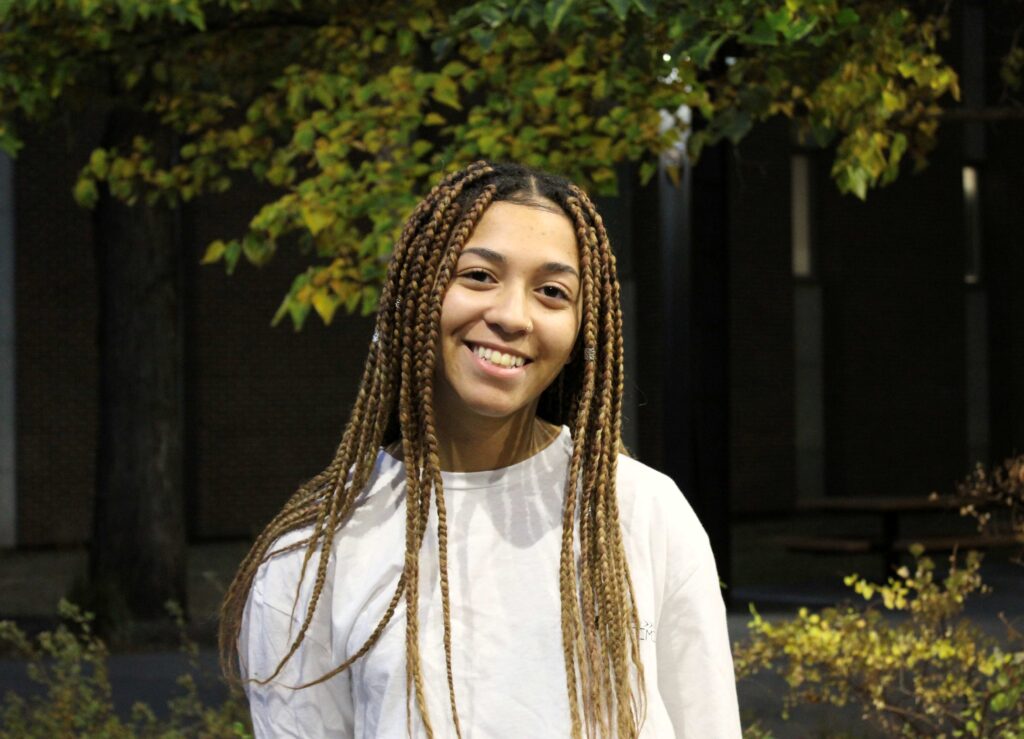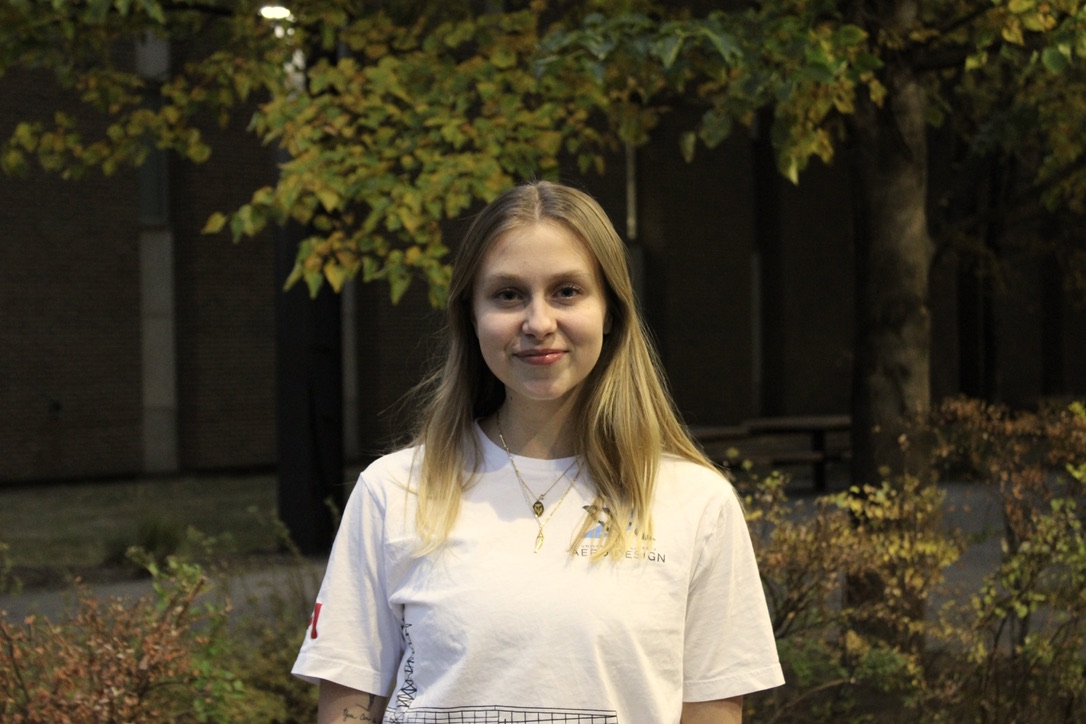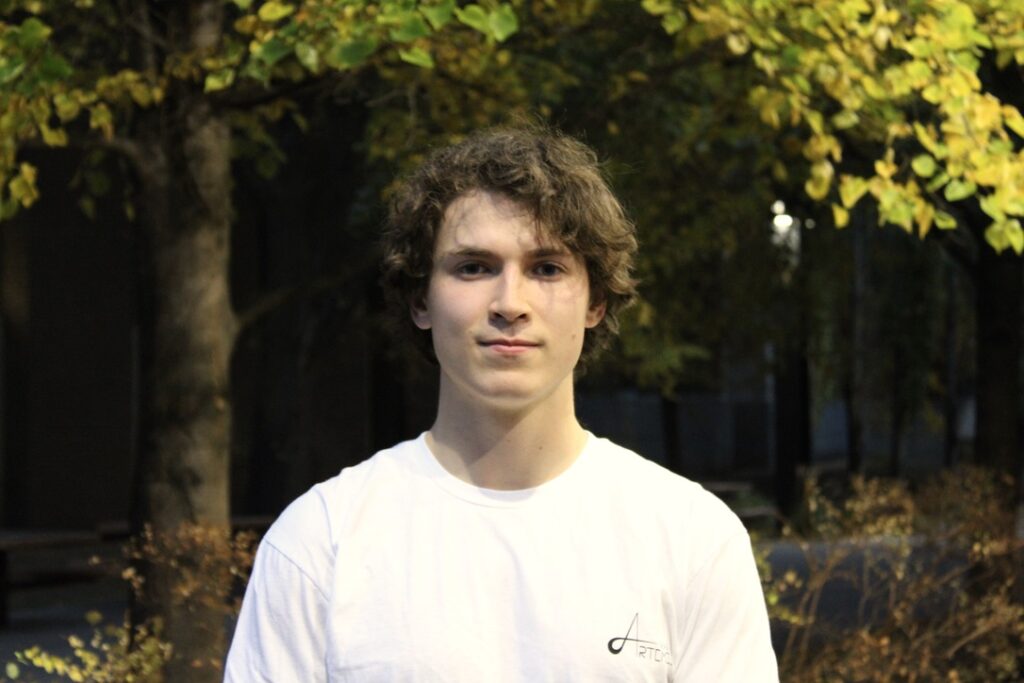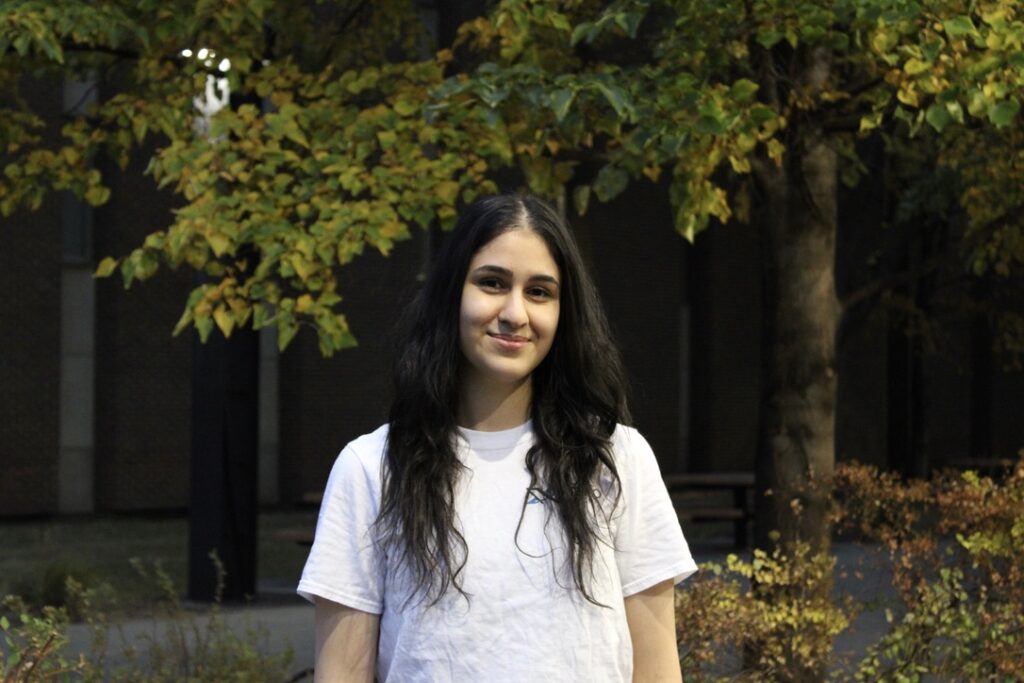OUR TEAM
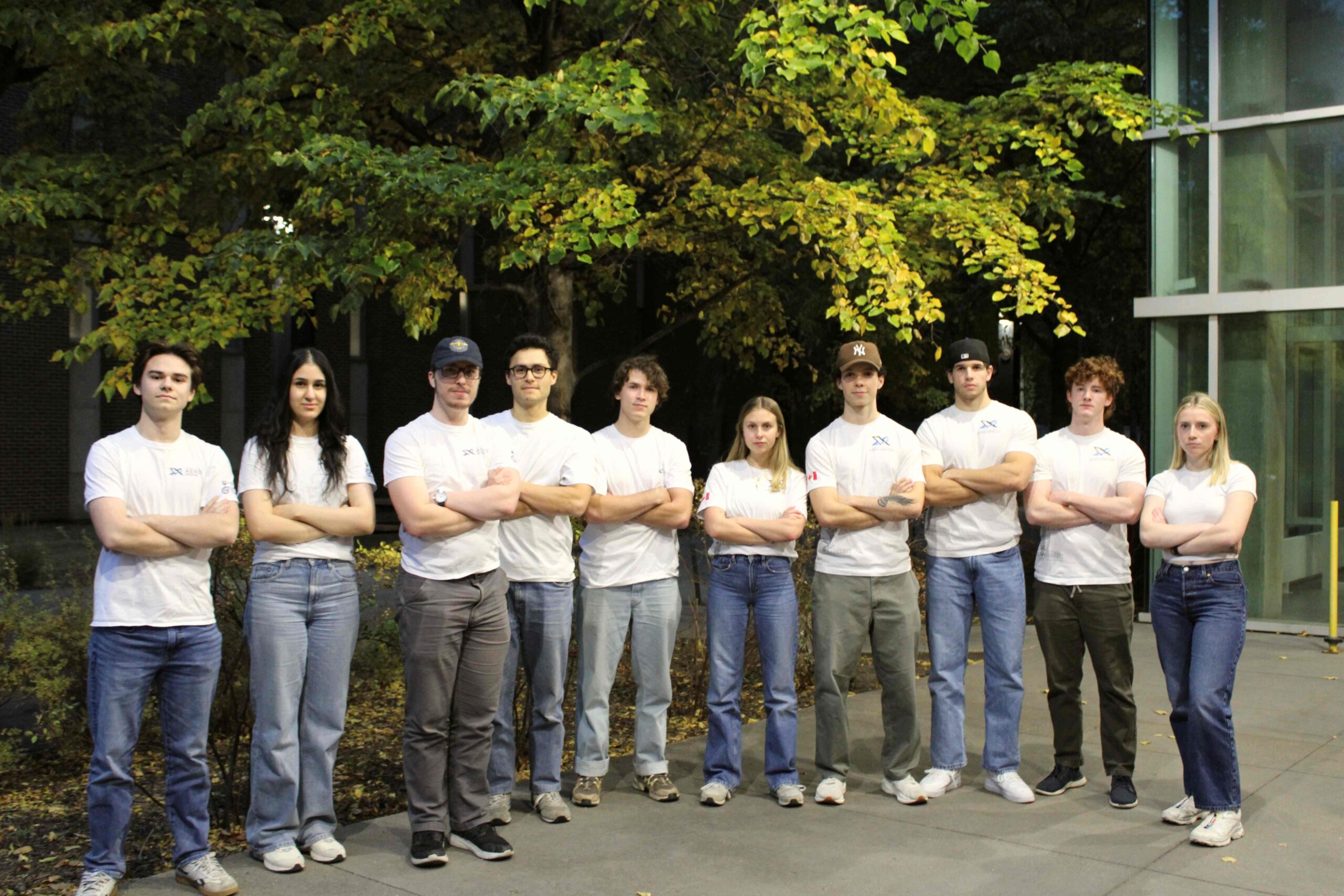
UAlberta Aero Design brings together engineering students from a wide range of disciplines, all working toward a common goal: designing and building a competitive RC aircraft. As part of the team, you’ll have the opportunity to contribute your ideas, collaborate with peers, and take ownership of real engineering challenges. Whether you’re researching solutions, manufacturing, or helping guide a subsystem, you’ll be learning by doing — and growing as both an engineer and a teammate. With multiple sub-teams focused on areas like aerodynamics, structures, avionics, propulsion, software and manufacturing, there’s a place for everyone to dive into what interests them most. No matter your background or experience level, there’s a place for you here.
Executive Team
June 2025 - April 2026
Design Teams
Avionics
The Avionics team handles the electronic systems that control the aircraft in flight. Using a transmitter and receiver setup, this team is responsible for manipulating the rudder, elevator, and ailerons to achieve stable and responsive flight. Avionics members also work closely with the software team to integrate firmware and ensure seamless communication between hardware components.
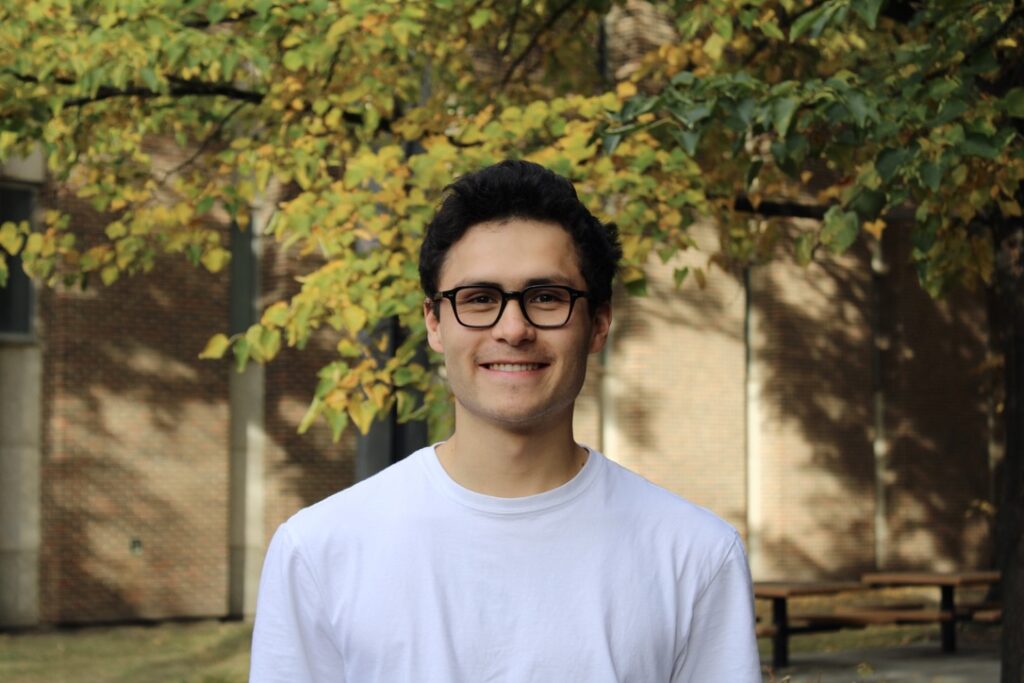
Ben Damant
Avionics Team Lead
Propulsion
The Propulsion team oversees powering the aircraft by selecting and integrating components like the motor, ESC, battery, and propeller to ensure efficient and reliable performance. This team designs the electrical circuitry of the propulsion system, works to minimize power losses, and ensures that the power setup meets the performance demands of the mission.
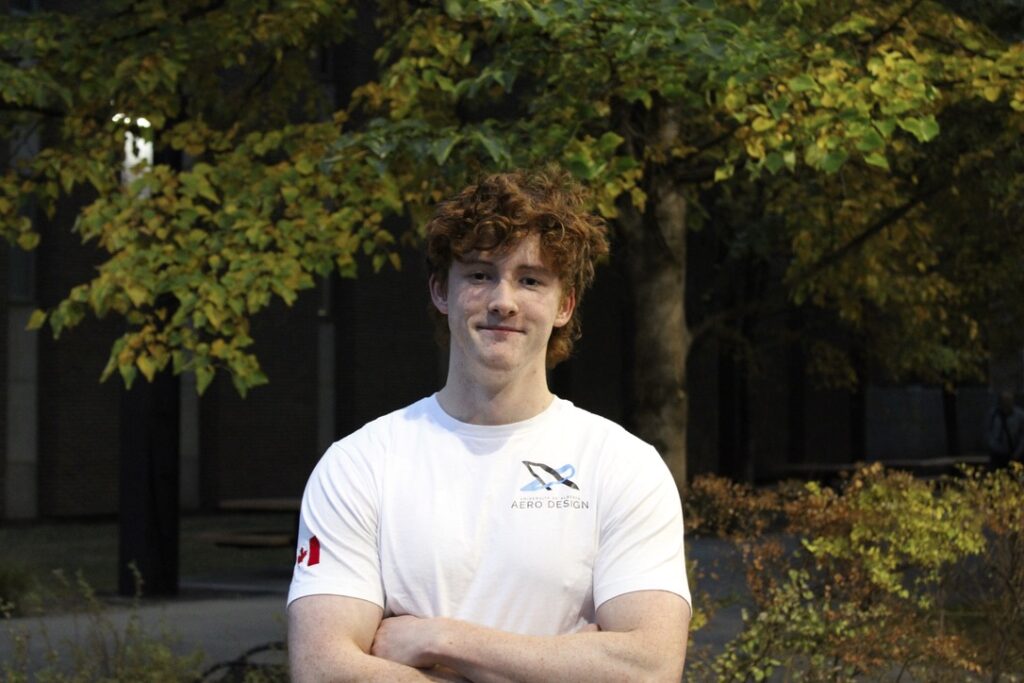
Joel Thompson
Propulsion Team Lead
Aerodynamics
The Aerodynamics team is responsible for shaping how our aircraft performs in the air. From selecting optimal airfoils to designing efficient control surfaces and tail configurations, this team plays a key role in ensuring the plane flies smoothly and efficiently. Using simulation tools like XFLR5, members analyze lift, drag, stability, and control characteristics to refine the overall aerodynamic design.
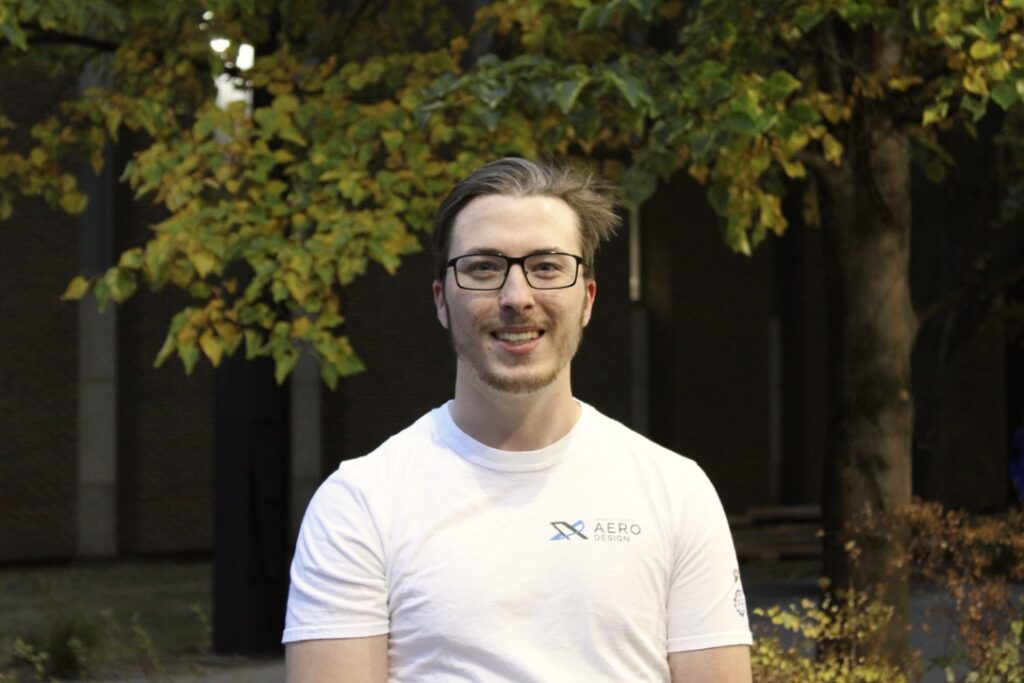
Arno Claassens
Aerodynamics team Lead
Software
The Software focuses on developing and implementing systems like computer vision and autonomous flight. This team pushes the boundaries of what our plane can do on its own. Whether it’s processing visual data, writing control algorithms, or integrating with flight hardware, Software plays a key role in making our aircraft smarter and more capable.
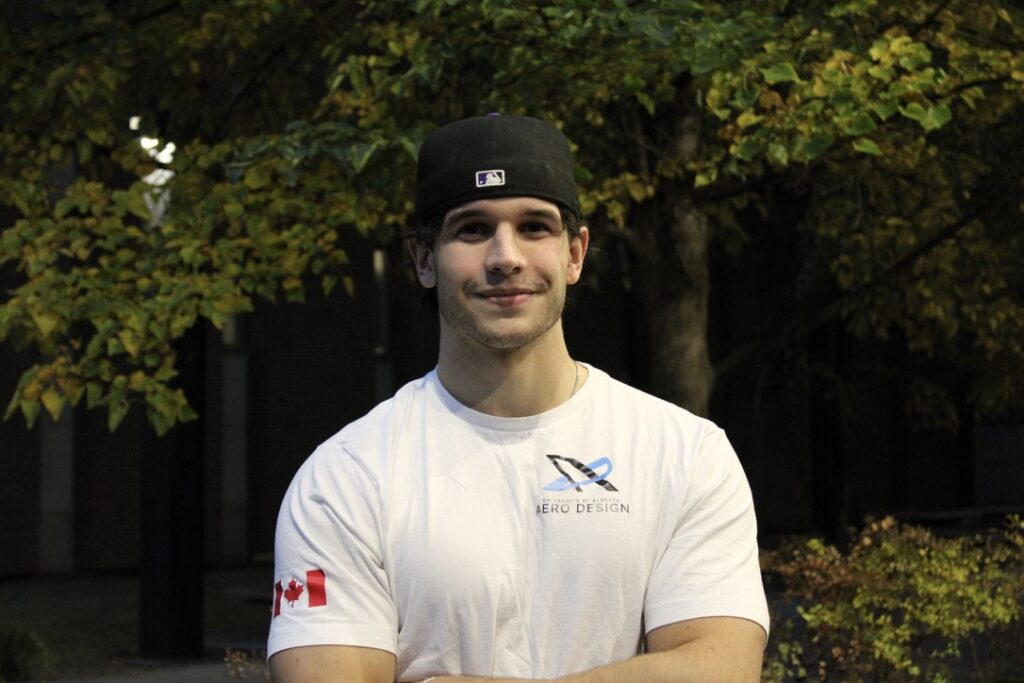
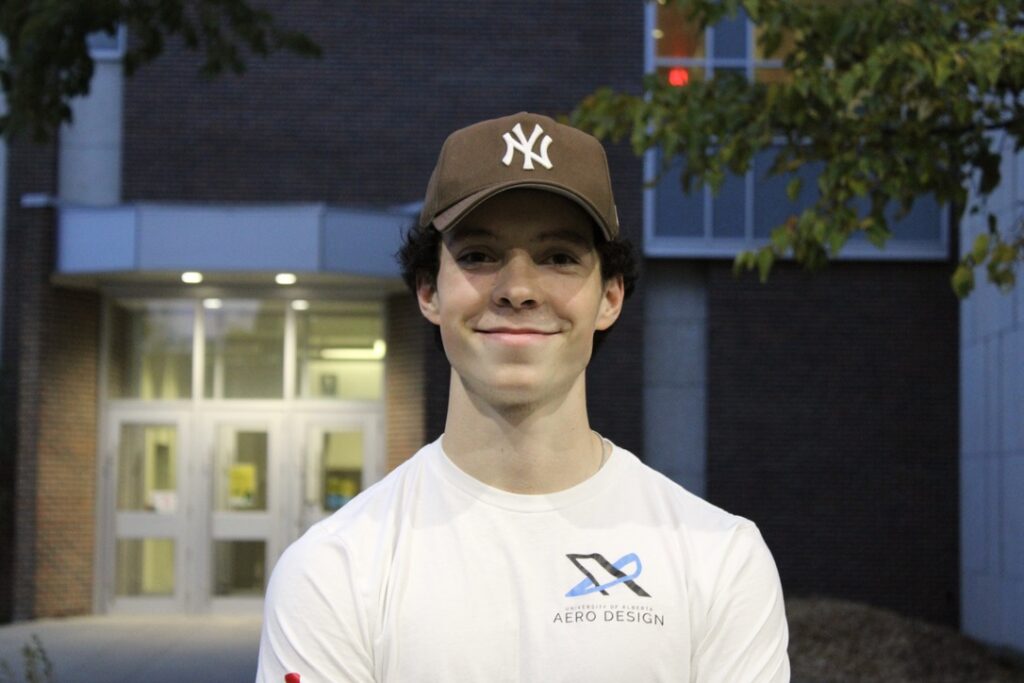
Manufacturing
Manufacturing is a critical phase where the design turns into reality and everyone on the team plays a part. This hands-on stage involves fabricating parts, assembling the aircraft, and troubleshooting to bring our designed plane to life. Whether you’re experienced with tools or eager to learn, manufacturing offers a great chance to get practical experience, contribute directly to the build, and see your work take flight. No matter your sub-team or skill level, your help is valued during manufacturing!
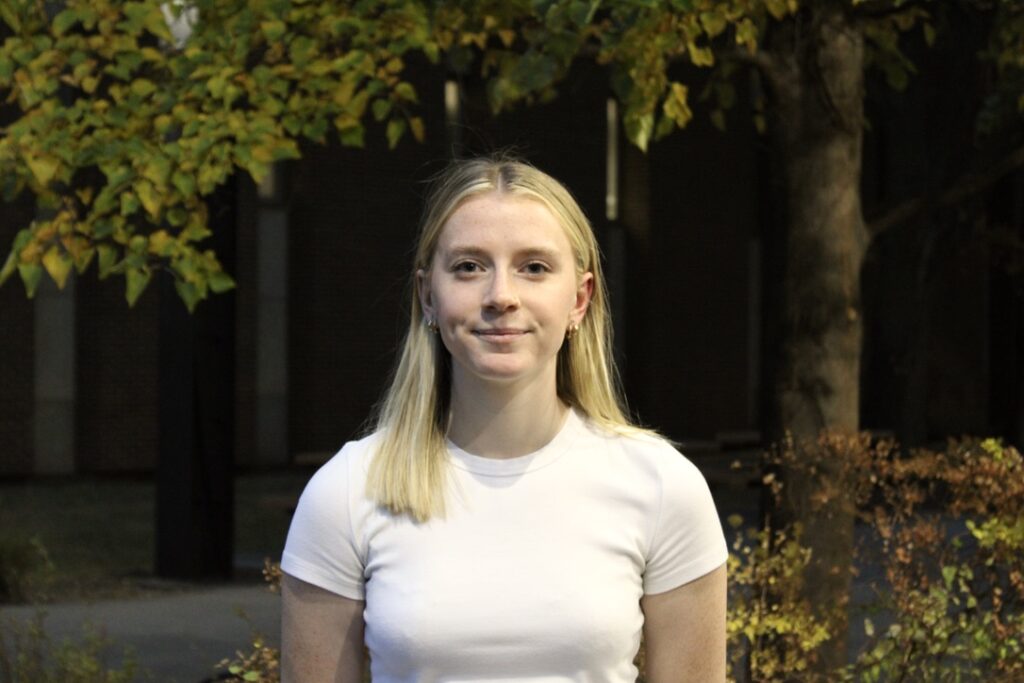
Sophie Bosse
Manufacturing Team Lead
Structural
The Structural team focuses on designing the internal framework that keeps the aircraft strong, stable, and lightweight. Responsible for the truss structure within the fuselage and wings, this team ensures the plane can withstand flight loads while minimizing unnecessary weight. Using tools like SolidWorks, members model the layout of key components, perform basic stress analysis, and make design decisions that directly impact flight performance.
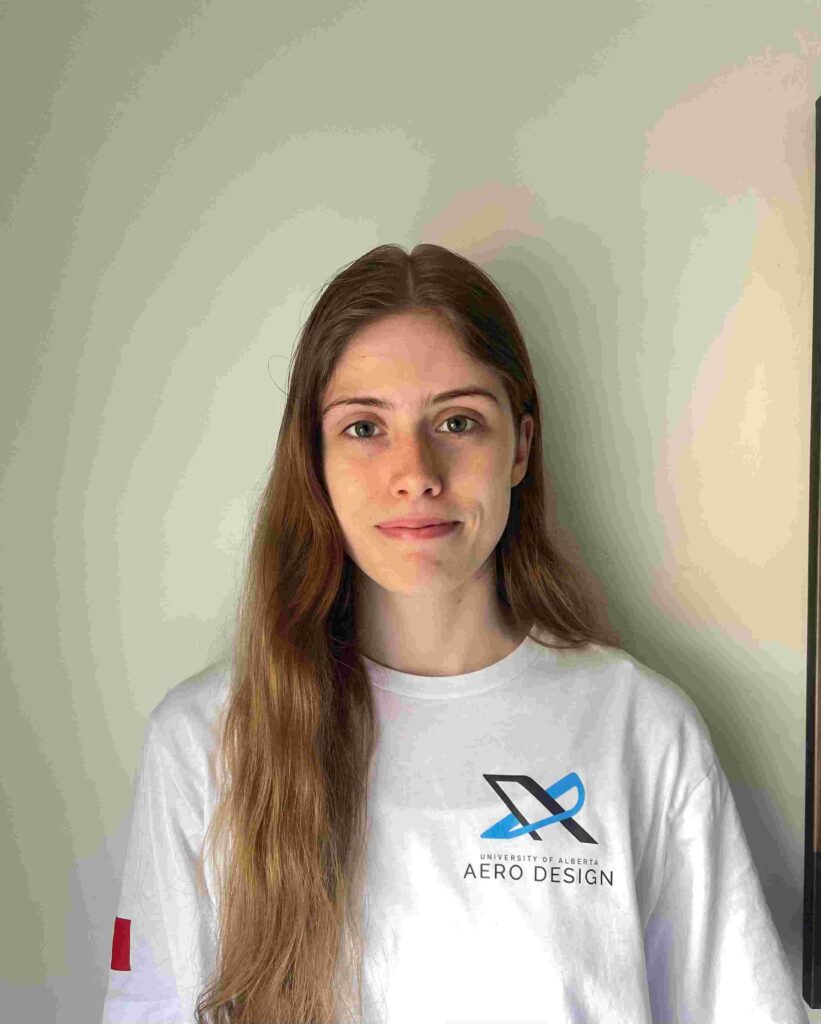
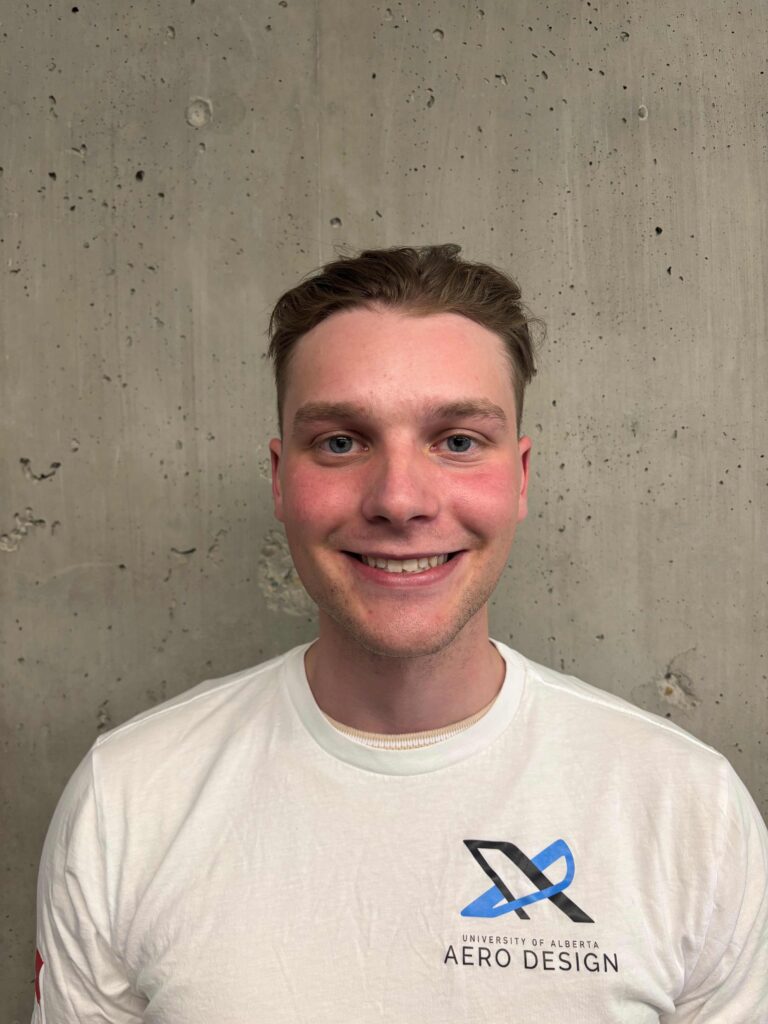
Micro Class
The Micro Class sub team is a group of students dedicated to building a UAV independent from competition constraints. This team consists of members interested in aerodynamics, structural design, and electronics who are willing to work together to troubleshoot design, and manufacture on their own terms. Their goal is to build a micro class plane based on SAE International Aero Design rules.
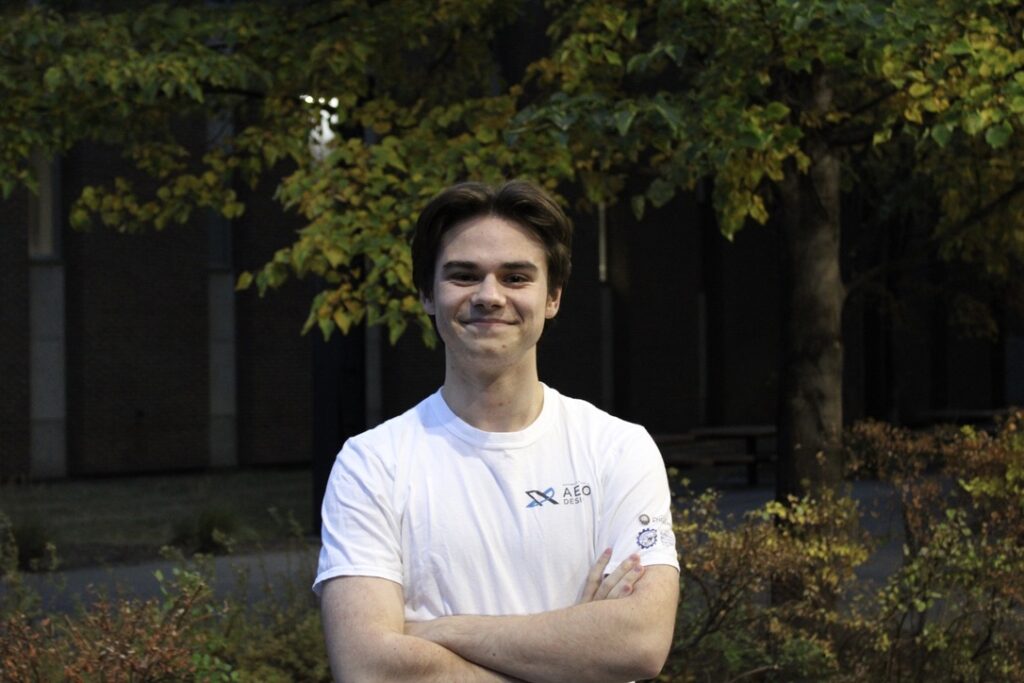
Social Media Manager
